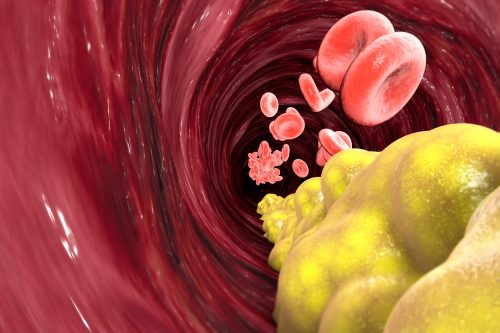
The cholesterol-lowering PCSK9 inhibitor alirocumab reduced the risk for a second heart in patients who had survived a heart attack, newly published full results from the ODYSSEY OUTCOMES study indicated.
Original Article: Alirocumab and Cardiovascular Outcomes after Acute Coronary Syndrome (ODYSSEY OUTCOMES) https://t.co/2QC3RlaaeZ #cardiology
— NEJM (@NEJM) November 7, 2018
Authors for the study, published in the New England Journal of Medicine, evaluated 18,924 patients who were at least 40 years old and who had suffered recent or unstable angina, and had at least 70 mg/dL despite being on statins. About half of the patients received alirocumab by self-injection biweekly with the other half receiving placebo. The primary study endpoint was a composite of death from coronary heart disease, nonfatal myocardial infarction, fatal or nonfatal ischemic stroke, or unstable angina requiring hospitalization. Median follow-up duration was 2.8 years.
According to the results, the study endpoint occurred in 903 (9.5%) patients in the alirocumab group and 1,052 (11.1%) in the placebo group (HR=0.85; 95% CI, 0.78 to 0.93; P<0.001). The results also suggested that the absolute benefit from alirocumab was greater in patients with a baseline LDL-C level of 100 mg/dL or more. Adverse event rates were similar in both groups. A total of 334 patients taking alirocumab and 392 patients on placebo died during the course of the study.
“Statins have been the main cholesterol-lowering drugs for heart patients for more than 30 years, and they are very effective,” Gregory Schwartz MD, PhD, a co-author of the study and professor of medicine at the University of Colorado School of Medicine, said in a press release about the study. “Now we know that we can improve the outcomes after a heart attack by adding alirocumab to statins in selected patients.”
Read the full press release here.
Read previous DocWire News reporting on the ODYSSEY Outcomes from ACC.18 here.
After a heart attack, beyond statins, the use of a PCSK9 blocker reduces events by ~15%, 1.5% absolute in a large trial of ~19,000 patients@NEJM https://t.co/jmDEHYV7xf (presented March 2018 at #ACC18) pic.twitter.com/M8QLsB2D1K
— Eric Topol (@EricTopol) November 7, 2018
Hurray! ODYSSEY OUTCOMES is published! Alirocumab and Cardiovascular Outcomes after Acute Coronary Syndrome | NEJM https://t.co/s9dyHR2qbF
— Christopher Cannon, M.D. 🇺🇦 (@cpcannon) November 8, 2018
Presented at #ACC18, now released just before #AHA18 @NEJM https://t.co/2SCeidnW26
— Pradeep Natarajan (@pnatarajanmd) November 8, 2018
Among patients who had a previous acute coronary syndrome who were receiving high-intensity statin therapy, the risk of recurrent ischemic cardiovascular events was lower among those who received alirocumab than among those who received placebo. | NEJM https://t.co/Synbvylg4L pic.twitter.com/IYpopF9ONp
— C. Michael Gibson MD (@CMichaelGibson) November 8, 2018
Finally out. #ODYSSEY. Great study. Congrats to team. Why so long to publish though? Also, re:Abstract- NEJM kept the LDL>100 message (despite no interaction) and no mention that mortality (while clearly important) did not meet pre-specified significance? https://t.co/1czDxBinBh
— John William McEvoy (@johnwmcevoy) November 8, 2018
Sources: New England Journal of Medicine

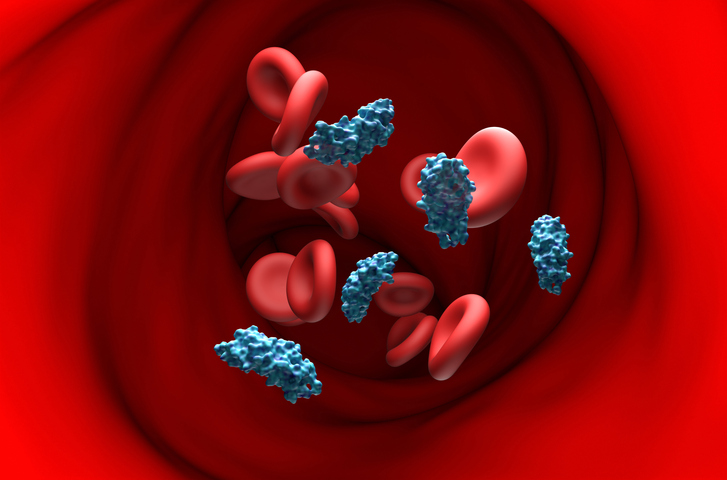
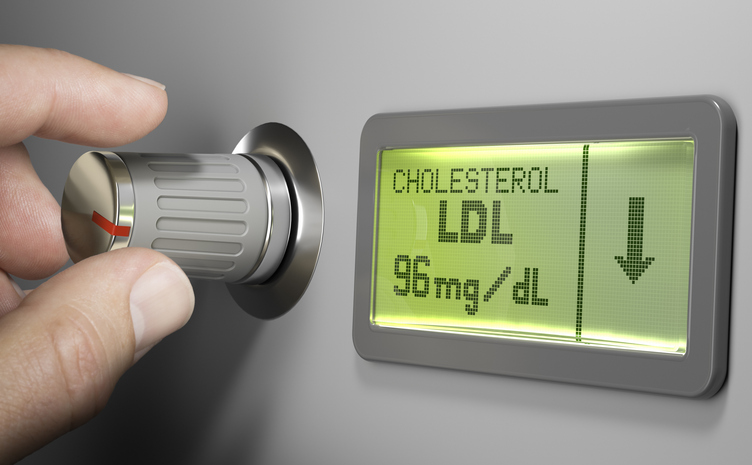
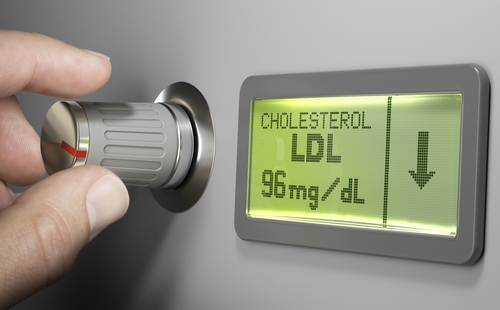

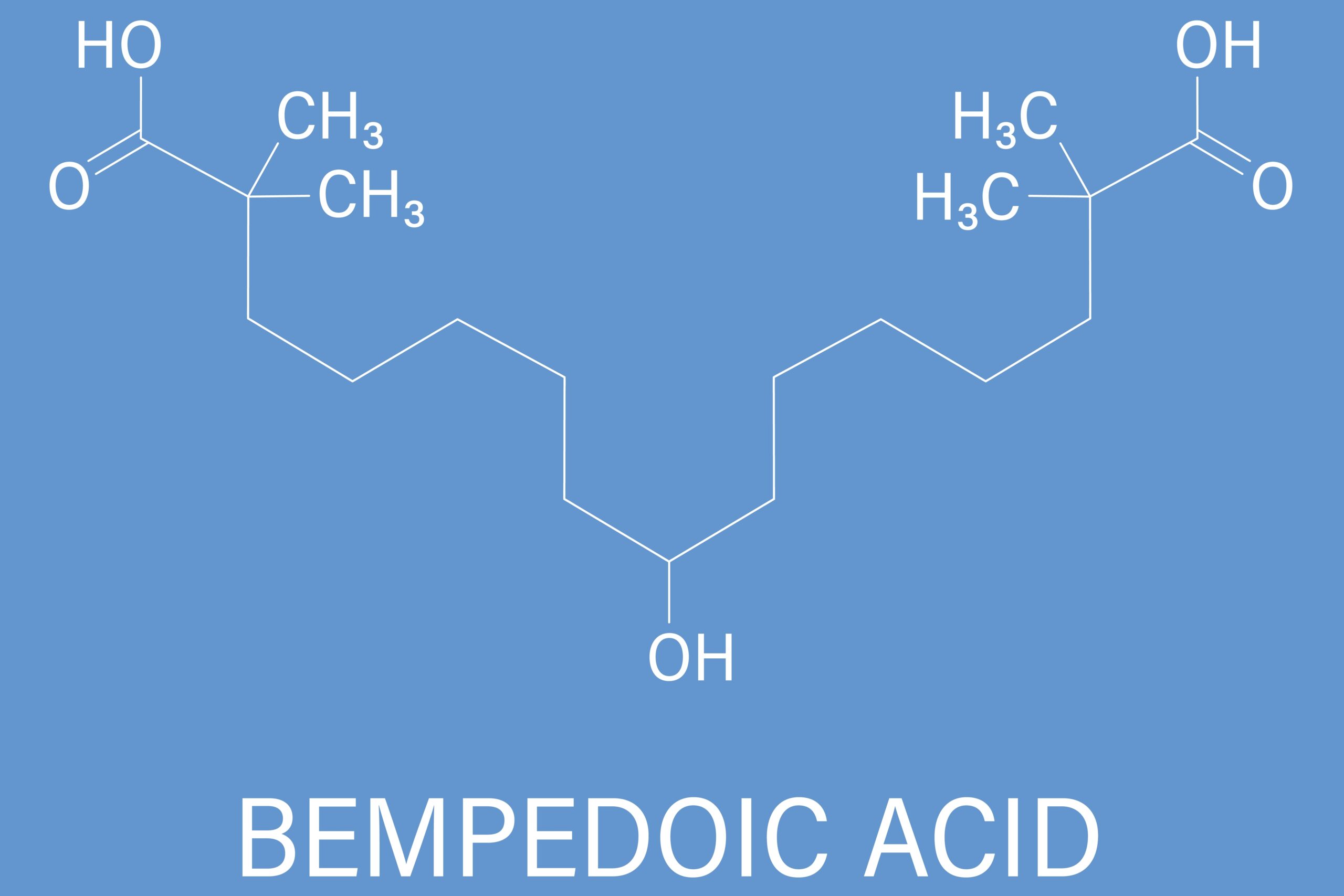

 © 2025 Mashup Media, LLC, a Formedics Property. All Rights Reserved.
© 2025 Mashup Media, LLC, a Formedics Property. All Rights Reserved.